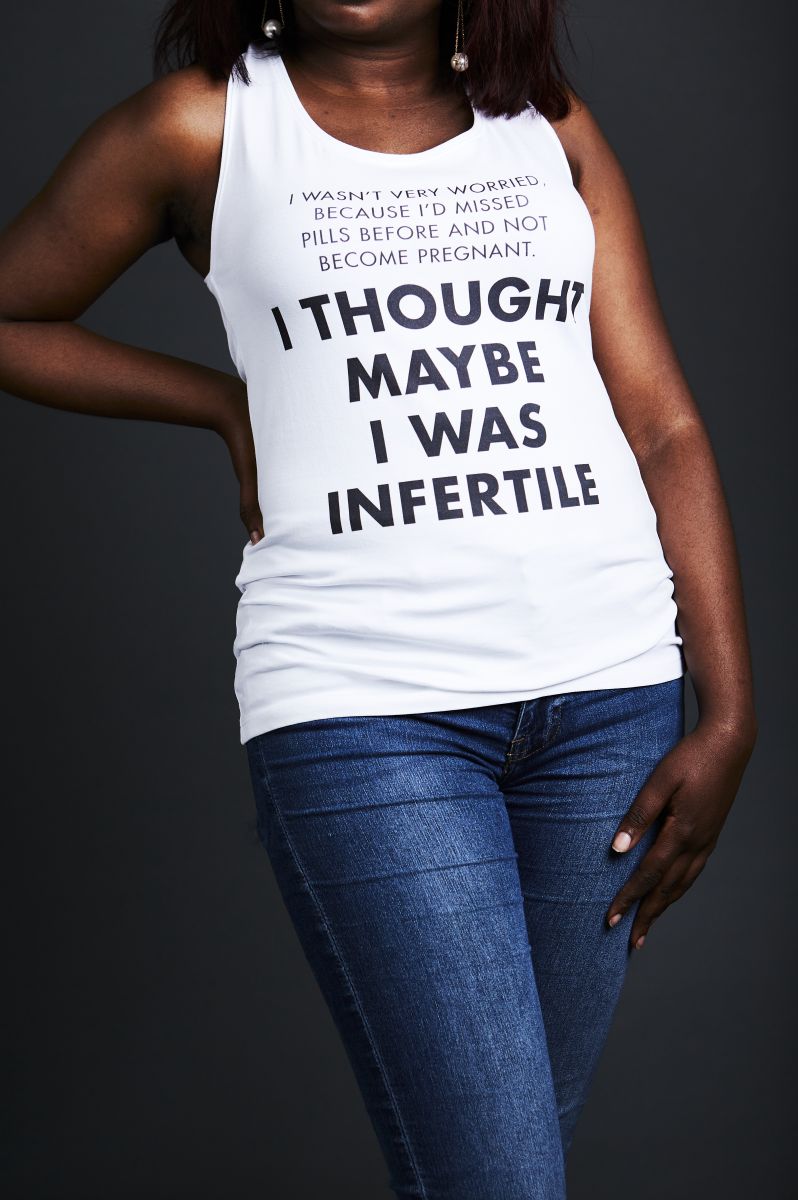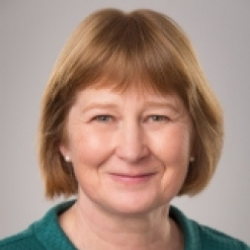My Body My Life
How do you destigmatise abortion?

Read about the award-winning OU project that gave voice to women, and encouraged everyone to listen without prejudice.
The challenge
Although we’re now over 50 years on from the legalisation of abortion it remains politically controversial.
Those who choose to terminate a pregnancy, and those who enable the abortion, can still be stigmatised.
Many women who choose abortion will internalise that stigma, and experience isolation and shame as a result, which can damage their health and wellbeing.
If silence and isolation are the negative forces of stigma, we need to create space in society for people who have experienced abortion* to speak freely and ensure that abortion can be discussed openly.
How we tackled it
To understand the negative emotions brought about by the termination of a pregnancy, and why some people wish to conceal it, the OU carried out research and analysis into women’s experiences of abortion. The research study revealed a whole range of ways in which different people have reached the decision to terminate a pregnancy, and a variety of views on what the process was like for them.
Academic lead

Our research was led by Professor Lesley Hoggart, Associate Dean, Research, WELS (left) with Dr Victoria Newton, Senior Research Fellow of the School of Health, Wellbeing and Social Care. Professor Hoggart has researched widely the subjects of reproductive health, abortion policy and politics, teenage pregnancy and sexual health. Her recent publications include ‘Internalised abortion stigma: young women’s strategies of resistance and rejection’ (2017) and ‘Moral dilemmas and abortion decision-making: lessons learnt from abortion research in England and Wales’ (2018).
Partner organisations
In collaboration with the University of Oxford, we developed this research into a broad and interactive public engagement project, working with key organisations involved in researching and providing healthcare. These included BPAS (British Pregnancy Advisory Service) and Doctors for Choice.
Impact
Our aim was to create spaces where anyone who has terminated a pregnancy can share their story, and where everyone who wishes to can listen. We wanted to open up conversations about real experiences of abortion – both positive and negative – to enable us all to speak freely, and to listen without prejudice.
These open spaces include:
An interactive site where visitors can read abortion stories in people's own words - and add their own.
.png)
Visit the website
A booklet of real life abortion stories that has been made available at BPAS clinics across the country.
.png)
View the story booklet
A travelling, interactive, multi-media exhibition, bringing a range of abortion experiences to life.
.png)
About the exhibition
Visitors to the exhibition are invited to discover people’s abortion stories in text, on video and via the swing tags of our clothing display, where they can also add their own stories. The exhibition is staffed by collaborators and volunteers who are available to discuss both the project and the subject of abortion; and can refer visitors to other services if needed.
Abortion is such a taboo subject, I felt I couldn’t tell anyone and ended up going through it all alone. But I’m no longer embarrassed about my choice, it’s my choice and I’m now ready and excited to start my family.
My Body My Life participant
Read more stories
What was achieved
The project has created:
- The freedom for people to share stories and speak openly about abortion
- Access to impartial information to help people make clearer decisions about abortion
- A body of research – still ongoing – to enable healthcare organisations to better serve those considering abortion
Enabling us all to listen without prejudice Since 2017, the exhibition has opened up the topic of abortion at public venues in cities including Edinburgh, Oxford and Belfast, and at several conferences in England and France.
Awards
My Body My Life has also been presented with two research awards in recognition of our work in tackling abortion-related stigma. These were:
- University of Oxford, O2RB Excellence in Impact Awards 2018 – Highly Commended (April 2018)
- The Open University, Outstanding Impact of Research on Society and Prosperity Award – Runner up (July 2018)
Pull out points:
- Created spaces to speak openly and listen without prejudice
- Built body of research to help organisations provide better healthcare
- Project won 2 awards for tackling abortion stigma
Covid-19 update
The interactive website where visitors can read people’s stories of abortion in their own words has remained active during the pandemic and has requested stories on readers’ experiences of abortion during Covid-19. We hope these stories may help people affected by abortion now and going forward.
Footnote
*The experiences of people who are not women but who need and use abortion care are often hidden, and may be even more stigmatised than that of cisgender women (people whose gender identity matches their sex assigned at birth). For this reason, we have used the terms ‘people’ and ‘women’ in different parts of the text.
Research enquiries
For research enquiries email:
WELS-research-admin@open.ac.uk
For student and degree enquiries email:
WELS-student-enquiries@open.ac.uk
Events
Designing, doing and reviewing IPA social work research - SWIPA Summer Workshop (Edinburgh)
Thursday, June 26, 2025 - 10:00 to 15:00
Edinburgh, The Open University in Scotland
Contact: SWIPA Team
British Association of Social Workers Workshop
Tuesday, July 8, 2025 - 08:30
(1).png)